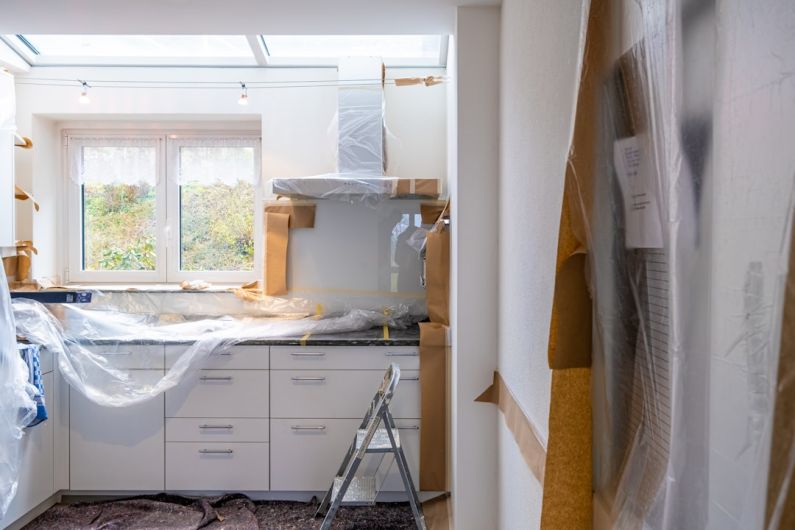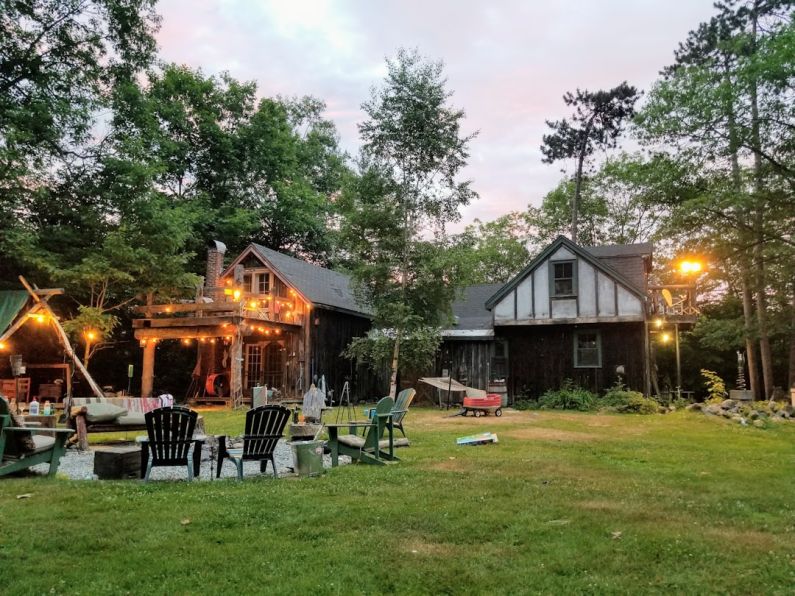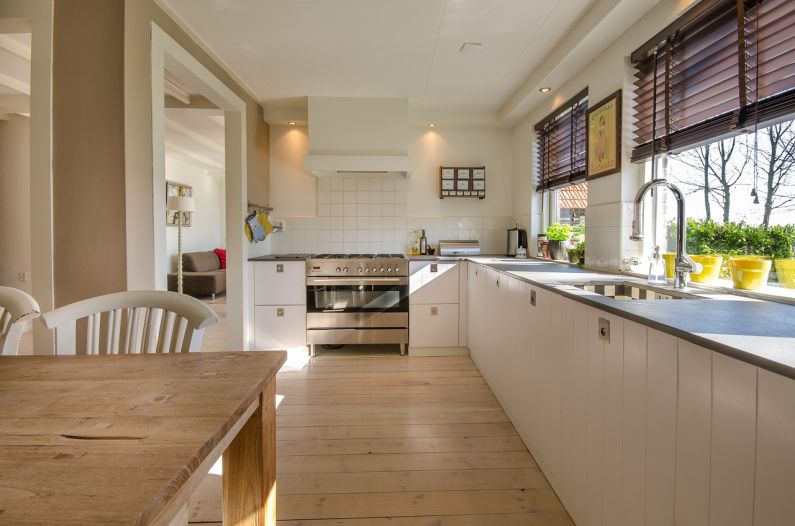How to Ensure Your Renovation Complies with Local Building Codes?
Undertaking a renovation project can be an exciting and rewarding endeavor. However, it is important to ensure that your renovation complies with local building codes to avoid any legal issues or safety hazards. Local building codes are established to regulate construction and renovation activities to ensure the safety and well-being of the occupants and the community. In this article, we will discuss some essential steps to ensure that your renovation project is in compliance with local building codes.
Understand the Building Codes in Your Area
The first and most important step is to familiarize yourself with the building codes in your area. Building codes can vary significantly from one jurisdiction to another, so it is crucial to know the specific regulations that apply to your renovation project. Local building departments or agencies are responsible for enforcing these codes, and they can provide you with the necessary information and guidelines. Take the time to thoroughly read and understand the building codes relevant to your project before you begin.
Consult with Professionals
Renovation projects often involve complex structural changes and modifications that require the expertise of professionals. Consulting with architects, engineers, or contractors who are knowledgeable about local building codes can help ensure that your renovation plans are compliant. These experts can provide valuable insights and advice to help you navigate through the intricacies of the building codes and ensure that your project meets all the necessary requirements.
Obtain the Required Permits
Most renovation projects require permits from the local building department before any work can commence. Failing to obtain the necessary permits can result in hefty fines, delays, or even having to undo the work that has been done. Contact your local building department to determine which permits are required for your specific renovation project. The application process may involve submitting detailed plans, paying fees, and scheduling inspections at various stages of the project. Be sure to follow the correct procedures and obtain all the required permits before starting any work.
Ensure Compliance with Structural and Safety Standards
Building codes typically outline specific requirements for structural integrity and safety. These standards are in place to protect the occupants and the surrounding environment. When renovating, it is important to ensure that any structural changes or modifications comply with these standards. This may include ensuring proper load-bearing capacity, adequate ventilation, fire safety measures, and accessibility for individuals with disabilities. Working closely with professionals and following the guidelines set forth by the building codes will help ensure compliance with these important standards.
Regular Inspections Throughout the Project
During the course of your renovation project, it is essential to schedule regular inspections as required by the building codes. These inspections are conducted by the local building department to verify that the work is being done in accordance with the approved plans and the relevant codes. Inspections may be needed at different stages of the project, such as before closing up walls, after electrical or plumbing installations, or upon completion. Cooperating with the inspectors and addressing any issues or deficiencies promptly will help ensure that your renovation remains compliant with the building codes.
In Conclusion
Renovating your home can be a fulfilling experience, but it is crucial to ensure that your project complies with local building codes. Familiarize yourself with the building codes in your area, consult with professionals, obtain the necessary permits, ensure compliance with structural and safety standards, and schedule regular inspections throughout the project. By following these steps, you can ensure that your renovation is not only aesthetically pleasing but also safe and in compliance with local regulations. Remember, adhering to building codes is not only a legal requirement but also a responsible way to protect yourself, your property, and the community.






